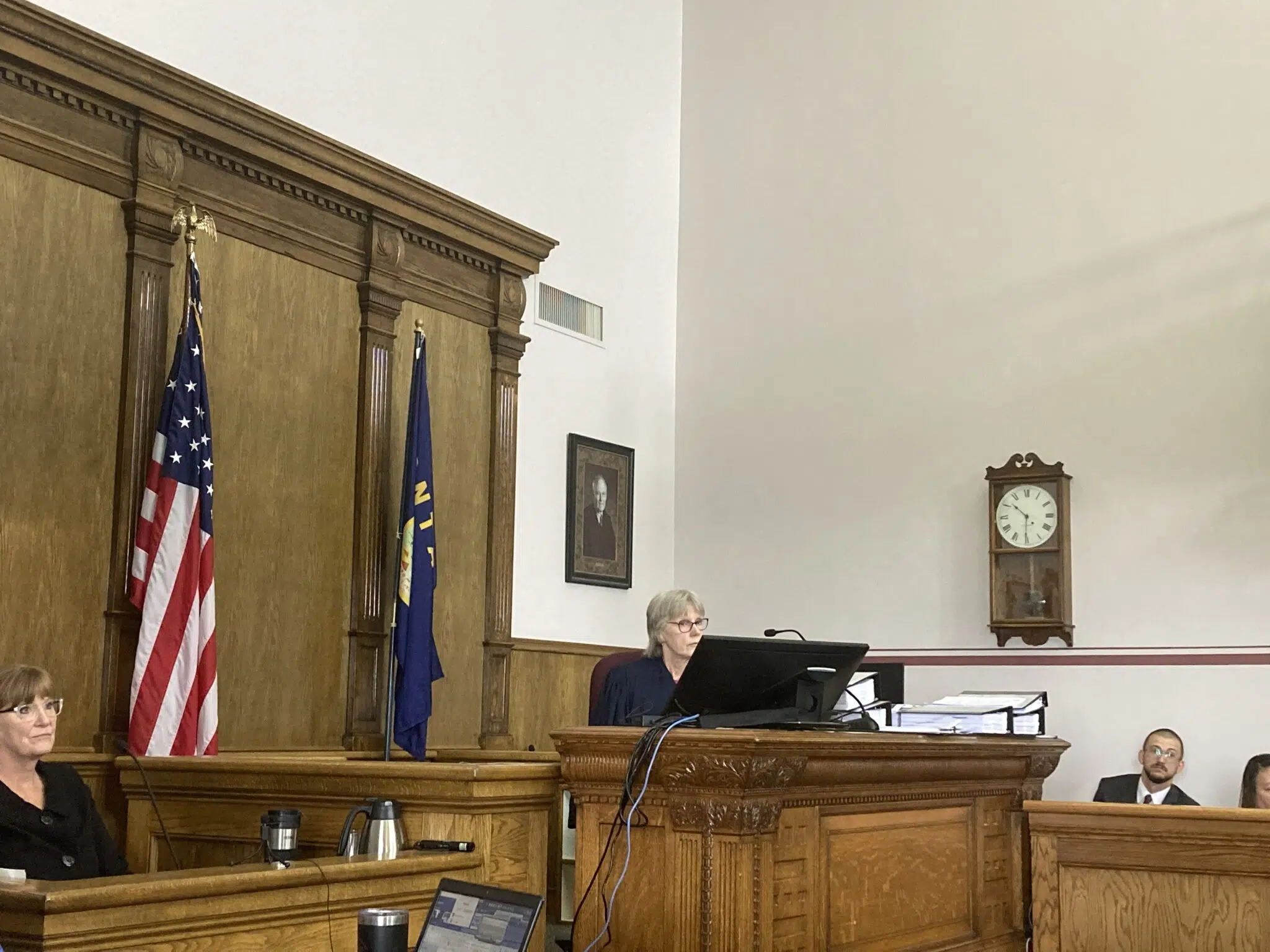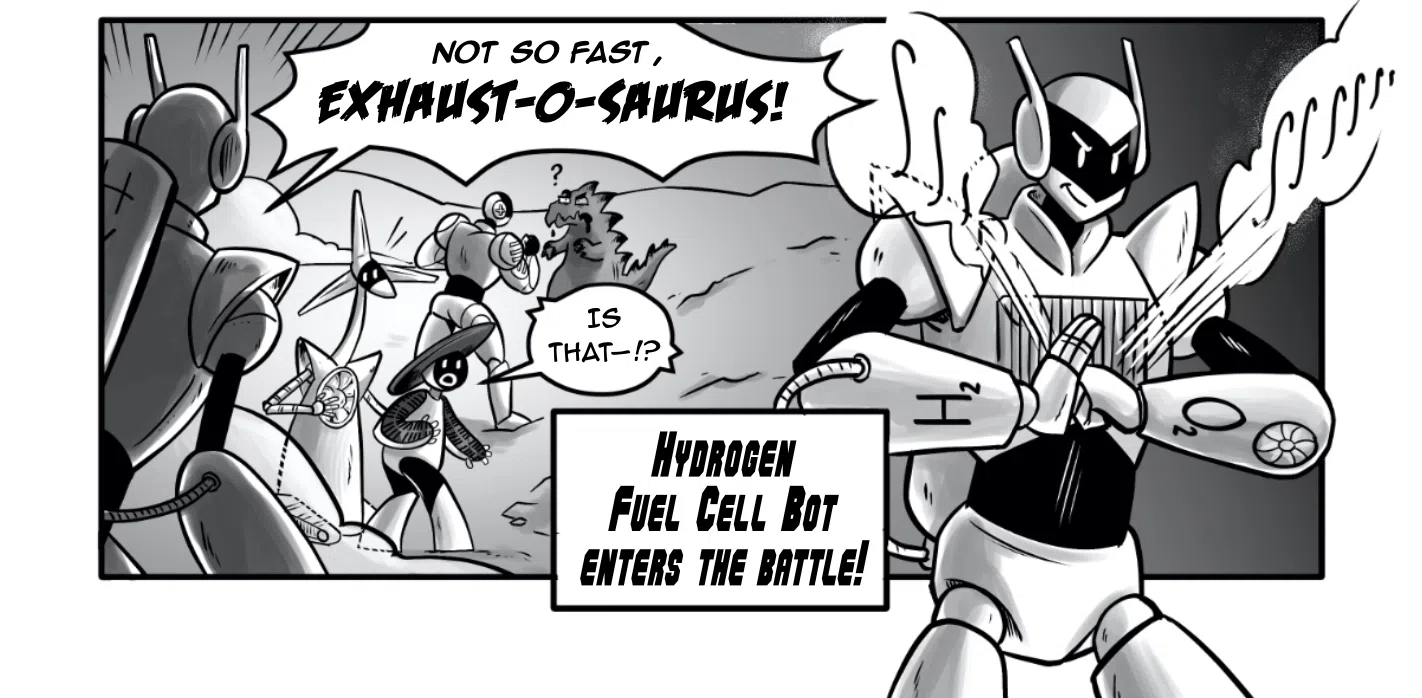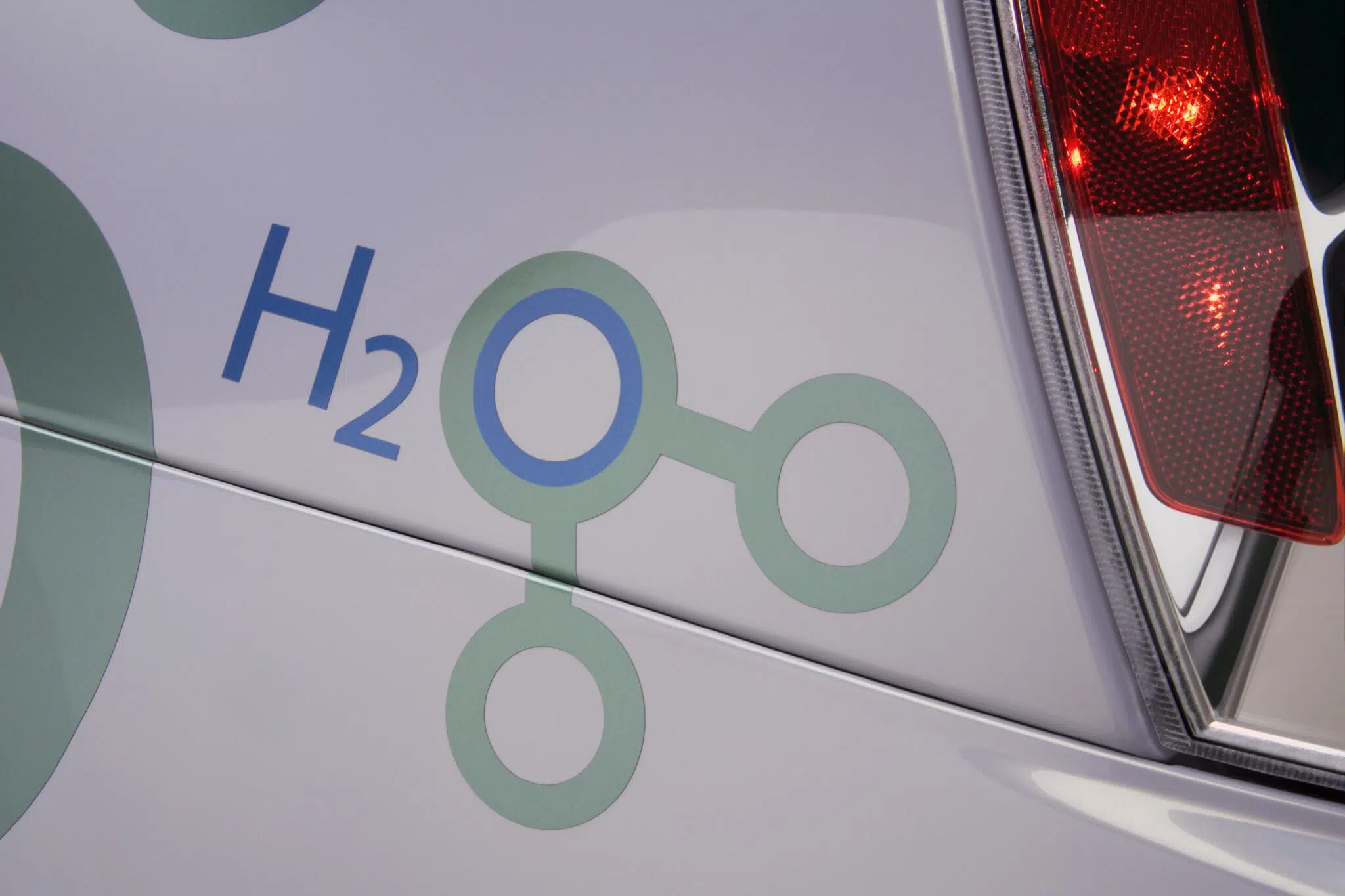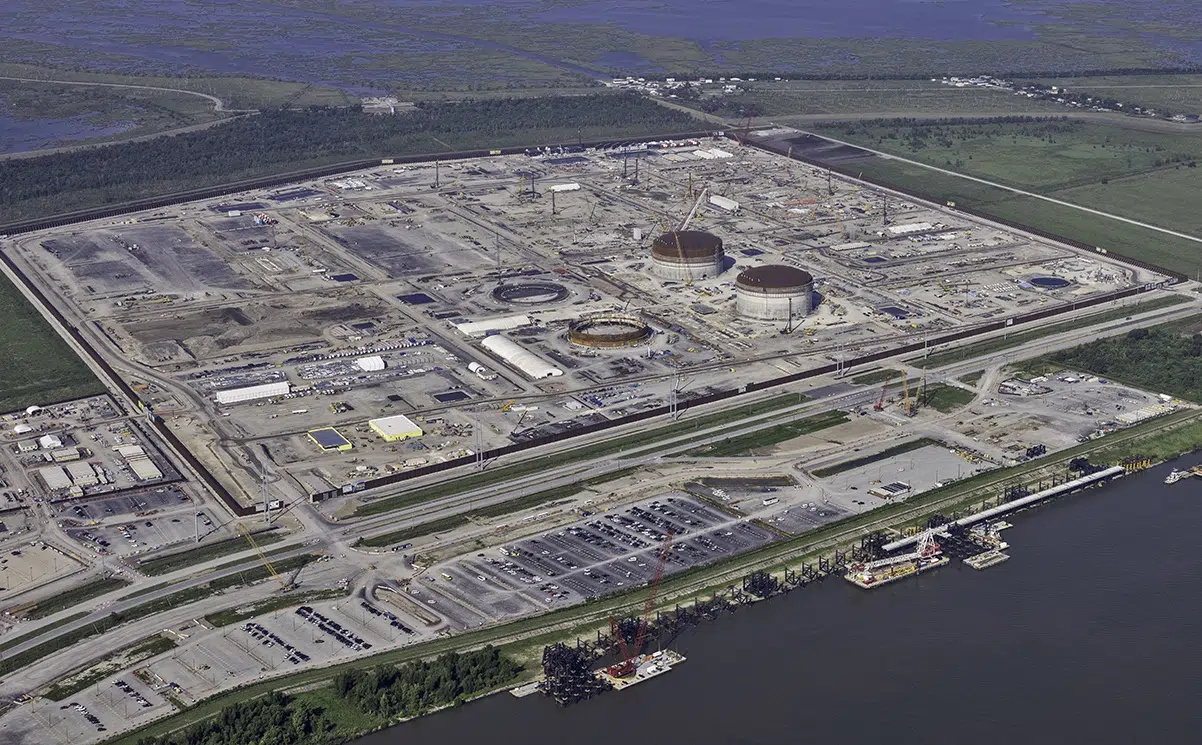
Message From the Editor
This week, investigative journalist Dana Drugmand has been following the Montana youth climate trial which began on Monday. Her coverage has included dissecting why the state failed to stop the case from going to trial, the first testimonies from climate scientists, and more.
Her most recent piece recounted how the court heard Anne Hedges' expert testimony as director of policy and legislative affairs at the Montana Environmental Information Center. She detailed how despite Montana's supposed dedication to a healthful environment, “the state doubled down on fossil fuels" in 2011 after a bill which explicitly banned state agencies from even considering climate change and greenhouse gas emissions in environmental reviews of development projects.
“Montana is not walking, it is running, in the wrong direction to address the climate crisis,” Hedges concluded.
The case, presented by 16 Montana youths, is based on an updated constitution from 1972 that prioritized environmental protection for present and future generations and guaranteed a clean and healthful environment as an inalienable right.
Our journalist Taylor Noakes presented a thorough breakdown of a new comic book that suggests that only hydrogen fuel cells provide sufficient energy to eliminate fossil fuels.
In the story, several giant robots — led by Battery Bot — are defending the city of Neo Toronto from an attack by Exhaust-o-Saurus. Battery Bot is low on power and his comrades Solar Bot and Wind Bot are unable to help him recharge. It is then that Hydrogen Fuel Cell Bot enters the battle to save the day.
The comic, produced by the Canadian Hydrogen and Fuel Cell Association, is aimed at teenagers and seems to ignore the fact that most hydrogen produced today is far from renewable.
Have a story tip or feedback? Get in touch: [email protected]. Want to know what our UK team is up to? Sign up for our UK newsletter.
Thanks,
Brendan DeMelle
Executive Director
P.S. Investigative journalism like this is made possible by readers like you. Can you donate $10 or $20 right now to support more of this essential work?
Image credit: Dana Drugmand
Court Hears Expert Testimony About How Montana ‘Doubled Down on Fossil Fuels’ and Became ‘Outright Hostile’ to Clean Energy
— By Dana Drugmand (5 min. read) —
Montana “has recognized climate change as a growing concern for decades,” Anne Hedges, director of policy and legislative affairs at the Montana Environmental Information Center, testified to a Montana court on Thursday. Despite this, the state has never denied a permit for any fossil fuel-related project, she said.
Her testimony was part of a landmark youth-led constitutional climate trial currently underway in the state capital of Helena.
Industry-Funded Comic for Kids Casts Hydrogen Fuel as Climate Hero
— By Taylor Noakes (4 min. read) —
A hydrogen industry lobby group has produced a comic book aimed at high schoolers that suggests solar and wind power are incapable of fueling decarbonization goals, and that only hydrogen fuel cells provide sufficient energy to eliminate fossil fuels.
In the comic, several giant robots — led by Battery Bot — are defending the city of Neo Toronto from an attack by Exhaust-o-Saurus. Battery Bot is low on power and his comrades Solar Bot and Wind Bot are unable to help him recharge — owing to cloud cover and a lack of breeze, respectively. Exhaust-o-Saurus mocks the trio by saying “nothing can match the dispatchable, instant power of fossil fuels!” at which point Hydrogen Fuel Cell Bot enters the battle to save the day.
Industry Pivoted from ‘Blue Hydrogen’ to ‘Clean Hydrogen’ at Edmonton Expo
— By Taylor Noakes (5 min. read) —
If there was a common theme at the second annual Canadian Hydrogen Convention, held in Edmonton Alberta this spring, it was the hydrogen industry’s effort to move away from “blue hydrogen” and other color-coded descriptions.
According to numerous panelists representing Canada’s hydrogen industry, referring to blue, green, or gray hydrogen is now passé. More inclusive language, such as “clean hydrogen” and “low carbon hydrogen” are the new terms industry prefers.
Louisiana Communities Already Vulnerable to the Climate Crisis Worry That the Expansion of the LNG Export Industry Could Be Catastrophic
— By Julie Dermansky (10 min. read) —
Plaquemines Parish residents Mark and Barb Comeaux take little comfort in NOAA’s predictions of a near-normal Atlantic hurricane season this year. They live in Plaquemines Parish a few hundred feet from a massive liquified natural gas (LNG) export terminal being built by Venture Global and the Gator Express pipeline, which will transport natural gas under high pressure to the facility.
“There is only one road leading in and out so if there is a problem at the facility or with the pipeline we will be stuck,” Mark told me on May 25 while we watched pipeline being built in wetlands from the deck of his brother’s porch, located across a small bayou from his home.
DeSmog Launches Industrial Aquaculture Project
— By Hazel Healy (2 min. read) —
At first glance, fish might seem like a climate-friendly alternative to meat for a world that needs to shift away from carbon-intensive cattle. At least the seafood farming (or ‘aquaculture’) industry would have you see it that way.
Right now the market for farmed fish like salmon is booming. In fact it’s the fastest-growing food sector in the world. This is thanks in no small part to excellent marketing that brands this fish as the ‘chicken of the sea’: low-carbon, easy to cook and sustainable.
From the Climate Disinformation Database: Western Energy Alliance
Western Energy Alliance (WEA) represents over 300 member companies “engaged in all aspects of environmentally responsible exploration and production (E&P) of oil and natural gas in the West,”. Located in Denver, Colorado, WEA was founded in 1974 as the Independent Petroleum Association of Mountain States. It changed its name to Western Energy Alliance in 2010. WEA has historically lobbied against restrictions on the oil and gas industry, including environmental protections for the greater sage grouse, which would prevent the
expansion of oil and gas development on federal lands. WEA has suggested that “Oil and natural gas provide a net benefit to the environment,” while it praised former President Donald Trump’s decision to withdraw the US from the Paris Climate Agreement.
Read the full profile and browse other individuals and organizations in our Climate Disinformation Database and Koch Network Database.






